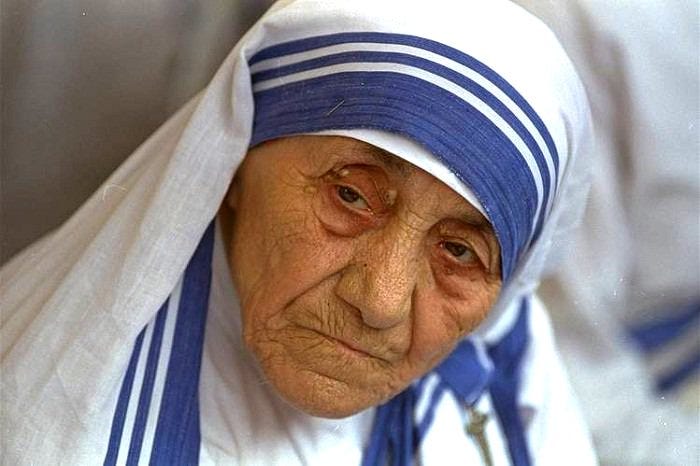I suggested in Part 4 that my concern is not so much for people to find “God” as for them to find a communitas of committed, compassionate fellow seekers.
When we try to contain the mystery of “God” in belief systems, we risk shutting down the possibility of discovering that there is far more to the Real than human awareness can encompass, let along put into words. When instead we trust the process of search, discovery, and sharing in communitas, the Real becomes available and we experience those aspects of the mystery most relevant to us in the moment.
To clarify what I mean, let me shift focus for a bit here. The first source of bodily knowledge a newborn has comes from its mother, and the next, from other persons. The first models of social interaction, of how to communicate, how to behave, and so on, are also persons. Before we even develop the mental symbols which become thought and language, we have already absorbed as a given that everything we need or want and everything we suffer or fear comes from persons.
There is no mystery, then, to the fact that we humans tend to personify whatever has power over us for good or for ill. And when there is no discernable human agency involved in an event, we imagine that there must be some other natural or supernatural agency at work. We anthropomorphize everything from storms to diseases to nations to divinities. What I mean is that we ascribe human emotions and motives to them.
In cultures that imagine pantheons of supernatural beings, there is often little expectation that there will be moral sense among those beings. Instead, they behave in ways that are good, evil, capricious, or indifferent from moment to moment. Nothing greater than they compels them to care about the consequences of their actions. The only recourse for humankind seems to be pleading, placating, obedience, sacrifice, and so on.
The monotheisms that arose out of the Semitic world, Judaism, Christianity, and Islam, began in part as the victory of one tribal god over others. Yet there was another dynamic at work as well: the attempt to discover some human sense of morality, of just and merciful behavior, in supernatural beings.
Scholars can speculate about this development based on the surviving literatures of the Middle East. That is not important to my concerns here. What is important is the paradox that the “One God” contains the remnants of those earlier amoral beings and yet is also expected to be absolutely moral.

This observation brings me to the irresolvable puzzle I share with close friends and acquaintances in the present world. One dimension of this puzzle is sometimes called theodicy or “the problem of evil”: efforts to rationalize why a good and all-powerful God allows—or even seems to cause—evil, pain, and suffering.
Interwoven with theodicy is another dimension: praying for divine intervention, and then wondering why sometimes these prayers are answered and sometimes not. All of this is tied up with our projecting of human attributes onto “God” and then being unable to understand the seeming contradictions in this “Person.”
In the next post, I will try to describe where I am currently in this exploration. As I have been suggesting throughout this series, it has little to do with belief systems and much to do with the communitas of people with whom I share suffering and witness to suffering. How do we rise above the boundaries of belief? What might be over the horizon?
A hint from a story about Mother Teresa of Calcutta. An interviewer inquired what she asks for when she prays to God.
“Oh, I don’t ask. I just listen.”
But what does God say?
“Oh. God just listens too.”
Image Source
“Mother Teresa,” unidentified photographer, posted on Flickr by Philip K [Creative Commons, Public Domain Mark 1.0 Universal].



